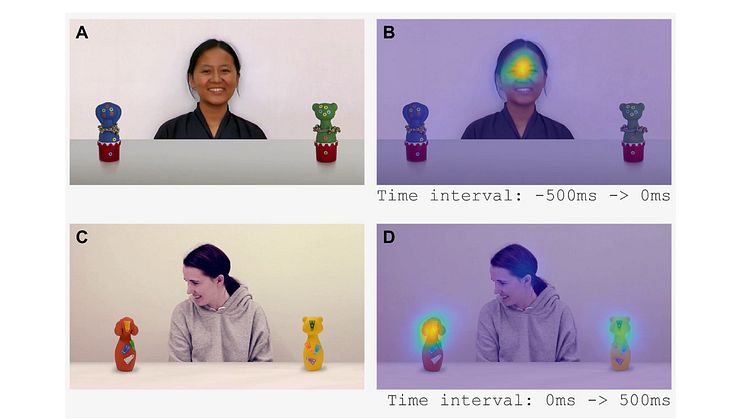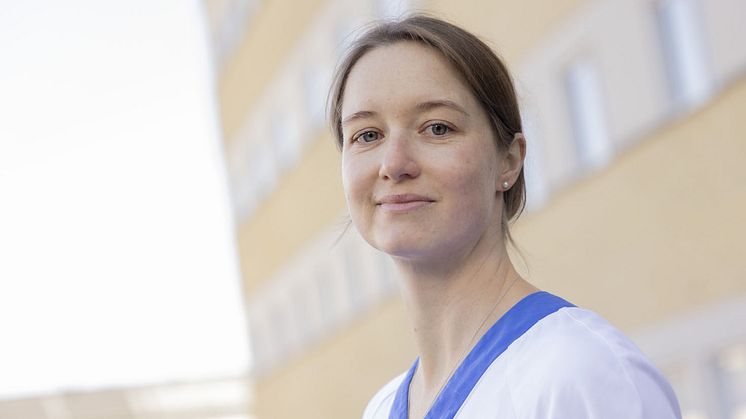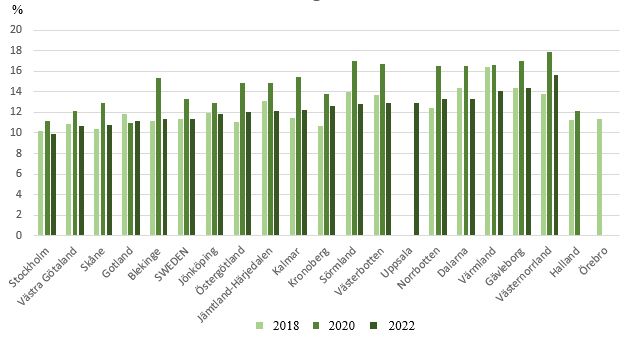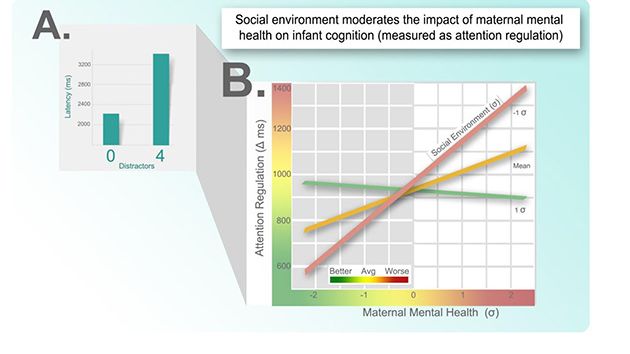
Babies follow social cues despite trauma
Babies living as refugees have some of the same social skills as children with more secure home conditions. This is shown by a new study that researchers from Uppsala University have conducted in cooperation with colleagues in Uganda, Zimbabwe and Bhutan. Over 800 children participated in the study, making it one of the largest infant studies ever conducted using eye movement measurements.




